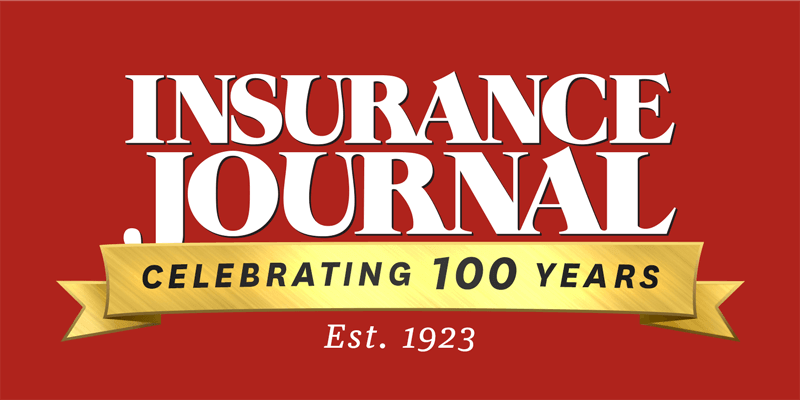When Lloyd’s America Inc. Western Regional Director Anthony Joseph handed me a simple, glossy two-sided pamphlet that read “Titanic Centenary” I knew I was in deep.
It was breakfast near the end of July and Joseph was sitting at a round table the St. Regis Monarch Beach in Dana Point, Calif., where several hundred insurance executives gathered for the four-day Western States Surplus Lines Conference 2012.
For more coverage on the conference turn to Page 20, where you can read some thoughts and opinions on what will shape in the insurance industry this year and in the next few years. Topics like regulation, technology and risk played out like a “Greek tragedy,” according to one speaker.
At the table where a small group were gathered to munch cut fruit and drink complimentary coffee, when Joseph smiled and handed me the pamphlet he wasn’t just bragging about Lloyd’s legacy, he was expressing his enthusiasm about the sort of knowledge and enlightenment that looking backward, and forward, brings us.
Among the myriad facts on the pamphlet Joseph pointed to were that within 30 days of the sinking Titanic ship owner White Star was paid in full, with Lloyd’s picking up a large share of the hull claim. That was fast back then, but it would be “much, much faster” today, Joseph was quick to note.
According to the pamphlet, the cover was for 12 months on hull and machinery, valued at £1 million each for the Titanic and its sister ship Olympic. “The premium amounted to £7,500 per ship, free from all average under £150,000 and insurers were to pay only on damage in excess of that sum,” the pamphlet states.
A slip from the broker acting for the White Star Line opened on Jan. 9 and different underwriters took portions of the risk ranging from £200 to £7,500. By the end of the day over £580,000 had been placed. The slip was complete by Jan. 11, making both Olympic and Titanic fully insured.
A British pound in 1912 is worth roughly 67 pounds today. I’ll let the more curious readers figure what this amounts to in U.S. dollars, but it’s a lot. Although some at the time felt that both the rate and the boat were too low.
British Dominions Marine Insurance, which later became Eagle Star, declined to insure the ship because it sat too low in the water and the rate being offered was too cheap, according to the pamphlet.
Topics Excess Surplus
Was this article valuable?
Here are more articles you may enjoy.


 Political Violence in Polarized US at Its Worst Since 1970s
Political Violence in Polarized US at Its Worst Since 1970s  Average Cost of a Data Breach Has Reached an All-Time High: IBM Report
Average Cost of a Data Breach Has Reached an All-Time High: IBM Report  Could Georgia Be Next With Major Tort Reform? Kemp Calls for Limits
Could Georgia Be Next With Major Tort Reform? Kemp Calls for Limits  Heritage Insurance Reports Third Straight Quarter of Profit After Shedding Policies
Heritage Insurance Reports Third Straight Quarter of Profit After Shedding Policies 


